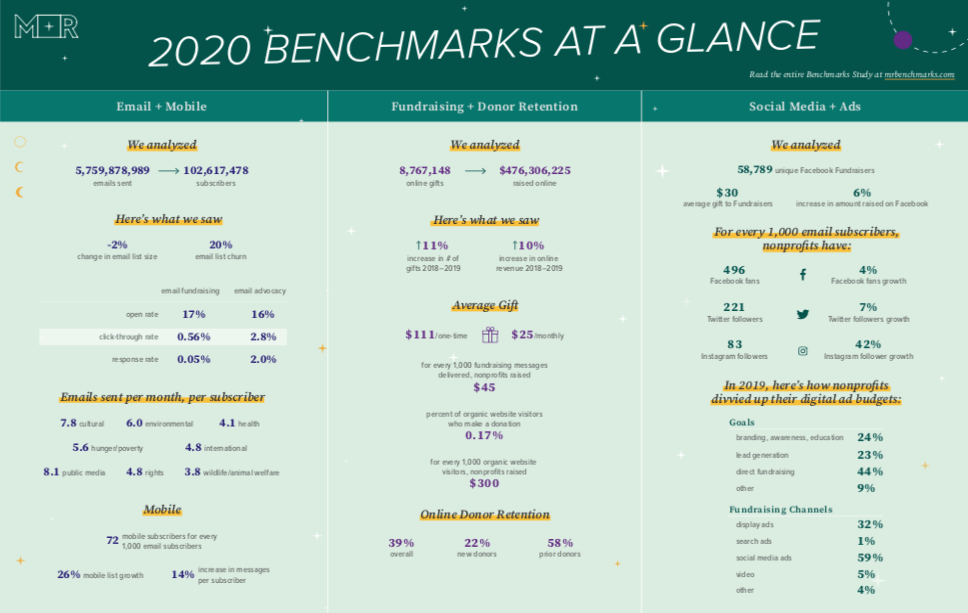State of fundraising in the UK examined in 2nd Charity Benchmarks study
2019 has seen a big year on year drop in charities achieving their fundraising budget, with many predicting that fundraising income will stagnate or decline in the short to medium term, according to a benchmarking study by Open and Freestyle Marketing.
The second edition of the Charity Benchmarks study, which launched last year, questioned 21 charities including Stroke Association, Scope, RSPCA, Cancer Research UK, and Friends of the Earth. It used a mixture of in-depth interviews with sector leaders, surveys and hard data to examine the current state of fundraising in the UK.
Overall, it found an increase in overall gross income – from £1.02bn in 2018 to £1.11bn in 2019, with legacies remaining the biggest income stream, accounting or £291m. In terms of active donors, the majority still give by cash or by regular giving, with cash givers remained fairly constant at just over 1,361m donors. Regular givers however dropped from just under 1,792,000 to around 1,617m.
Only 44% of the charities in Open and Freestyle Marketing‘s study achieved their fundraising budget last year, down from 89% in 2018, with just 12% predicting an improvement in their ROI in the year ahead. 56% however predicted an improvement in their net income in the coming year, with 75% confident of an improvement over the next three years.
Income growth is predicted in the majority of channels, with respondents only predicting a decline two: raffles and payroll giving. A greater proportion of income is also expected to come from new activity over the coming three years, up from 11% of revenues in 2018 to 21%.
In terms of fundraising priorities for the year ahead, 2019 saw a noticeable drop for supporter acquisition, from 37% of fundraising directors listing it in their top four in 2018, to 18%, with a consensus that ‘mass market’ fundraising is undergoing fundamental, far-reaching change with no ‘one size fits all’ method, model or vision.
The highest priority was supporter experience / engagement at 38%, followed by innovation and increasing fundraising net income. Despite the prominence of the supporter experience however, only 40% are measuring supporter satisfaction.
The study also asked participants about the main challenges currently faced by charities. These included changing consumer expectations over choice, control, convenience and transparency, new competitors through the rise of social enterprises and ‘purpose-led’ commercial activities, and the fundraising environment of new laws combined with a more hostile press and regulatory environment.
Added to these were austerity, the threat of Brexit, exchange rate fluctuations, a changing audience, and digital.
Fundraising teams look set for a shake-up over the coming year. While, as in 2018, 44% predict growth in their teams, with the remaining 56% expecting staffing levels to remain constant, there was a slight drop in how adequate staffing levels are perceived to be, at 6.1 out of ten, compared to 2018’s 6.8.
67% anticipate restructuring their team over the coming year, up from 44% in 2018. In addition, over the next three years, 89% of respondents expect the skillset to change. Those that most need developing, according to the study, are digital, highlighted by 67% of organisations, while 20% pointed to innovation and just 7% to data analysis.
The full report is available on request, and Open and Freestyle Marketing are inviting more charities to participate.
Advertisement





